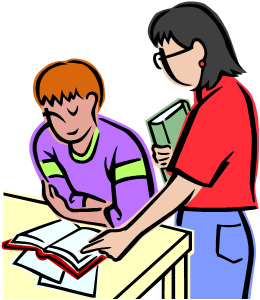Dè tha sin a’ ciallachach?
What does that mean?

Ciamar a chanas tu . . . ann an Gàidhlig?
How do you say . . . in Gaelic?

Faigh na leabhraichean agad
Get your books

Is mise…
My name is…

Dè an t-ainm a th’ort?
What is your name?

Chan eil mòran, sibh fhein?
Not a lot, yourself?

Dè tha dol?
What’s doing?

Tha gu math, tapadh leat / tapadh leibh
I am well, thank you

Ciamar a tha thu / sibh?
How are you?

Feasgar math
Good afternoon
The Leabhar na Gàidhlige booklet is a simple guide for using Gaelic in the classroom. Each entry includes the Gaelic word or phrase, its English translation, an illustration, and an audio file to help with pronunciation.
Users of this blog or booklet are also encouraged to visit learngaelic.scot, where they will find additional words and phrases in the Beginners Section. The section called Twenty Words is especially useful.